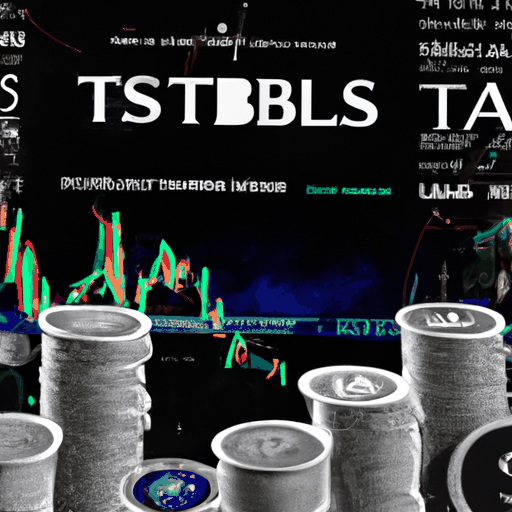
Arthur Hayes Predicts Stablecoin Role in US Debt Management
By: Eva Baxter
Arthur Hayes, co-founder of BitMEX, has recently proposed that the US Treasury may utilize stablecoins as a solution to its escalating debt management challenges. In a recent essay titled "Quid Pro Stablecoin," Hayes argues that the growing reliance on bond sales poses significant risks to financial markets. Without intervention, he suggests that the Treasury's need to issue over $5 trillion in bonds could push interest rates above 5%, which could destabilize the market.
Hayes predicts that stablecoins issued by major banks could unlock new liquidity potential, freeing up to $6.8 trillion in Treasury bill purchasing capacity. By tokenizing deposits and channeling them into US debt instruments, dormant funds could be reintegrated into the financial system. He presented JPMorgan’s JPMD token as an example of how financial institutions could make this transition by adopting blockchain technology for compliance and automation, which could drastically reduce operating costs.
The former BitMEX executive articulates that the United States' embrace of stablecoins is less about fostering innovation and more about debt monetization. According to Hayes, the federal government’s legislative moves like the GENIUS Act, which would prevent non-banks from issuing interest-bearing stablecoins, indicate a strategic pivot. This adjustment is aimed at equipping "too-big-to-fail" banks with tools to provide substantial liquidity support by purchasing Treasury bills.
Despite Hayes' long-term optimism about Bitcoin, he warns of short-term volatility. He predicts that the "Big Beautiful Bill," once passed, could lead to a temporary liquidity contraction by refilling the Treasury General Account. This would potentially drive Bitcoin prices to dip briefly before recovering. Regardless of these fluctuations, Hayes emphasizes that investors should not hesitate to buy Bitcoin and JPMorgan stocks as he believes they are poised to gain from future liquidity flows initiated by state-endorsed stablecoins.



